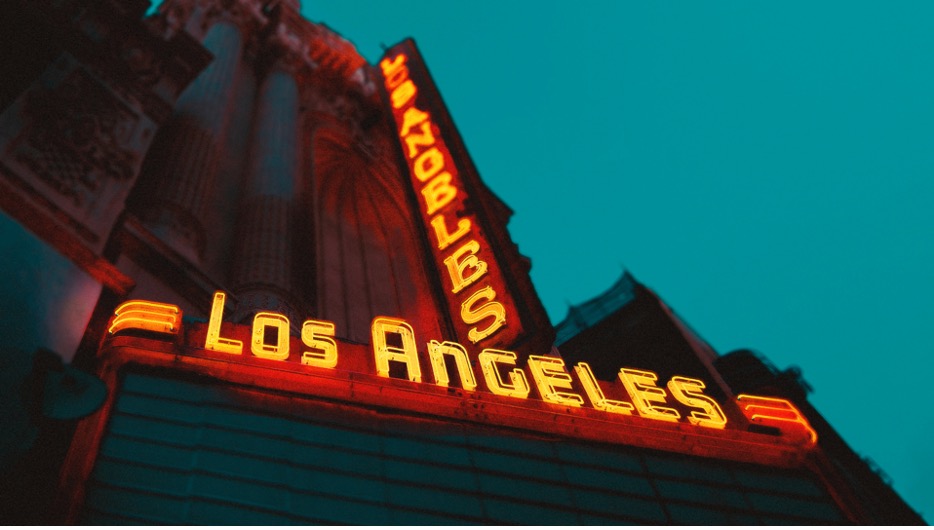The Gambling Landscape in Los Angeles
The vast geographical expanse of Los Angeles features a range of gambling regulations that often lead to confusion for both residents and visitors. While California is home to various tribal casinos and card rooms, the City of Angels upholds stringent rules governing its designated gambling areas. A closer look at the specific legislation reveals a complex framework that intertwines the entertainment sector with regulatory compliance in this major metropolis.
The Legal Framework of Gambling in LA
When people think of gambling in California, they often envision the many tribal casinos that adorn the state’s landscape. However, the gambling scene in Los Angeles diverges from what is found in other parts of California. Los Angeles County implements strict regulations on casino operations, including age restrictions that adapt to changing public perspectives. Unlike Nevada, which has a more permissive approach to gambling, Los Angeles enforces tight limits that create a unique gambling atmosphere balancing public policy with entertainment freedoms.
A Brief History and Evolution of Gambling
The roots of gambling in California can be traced back to the gold rush era when saloons became popular venues for card games across the growing state, laying the groundwork for gambling laws in Los Angeles. During the early 20th century, gambling was largely prohibited, except for clandestine activities. The turning point came with the 1988 Indian Gaming Regulatory Act, which allowed federally recognized tribes to operate gaming establishments on tribal lands. Although this act spurred the tribal casino industry in California, Los Angeles County remains without any tribal casinos under its jurisdiction.
Current Regulations: What’s Permitted and Prohibited
Gambling laws in Los Angeles permit specific forms of gambling while restricting others. Legal card rooms can host games such as poker, pai gow, and baccarat; however, a key stipulation is that players must compete against one another rather than the house. This characteristic distinguishes these card rooms from conventional casinos. Furthermore, traditional casino staples like slot machines, craps, and roulette are absent from the LA gambling landscape. All “banked games” involving competition against the house are illegal unless they occur on tribal lands beyond city limits.
Prominent Card Rooms in the Area
The Los Angeles region is home to four major card room venues: Commerce Casino (the largest in the world), The Bicycle Hotel & Casino, Hollywood Park Casino, and Hawaiian Gardens Casino. These establishments host significant poker tournaments that attract players from around the globe, including events on the World Series of Poker circuit. Each venue operates under stringent regulations, incorporating surveillance systems and security personnel, alongside mandatory inspections to ensure compliance with state and local laws. These gambling facilities have evolved into full-scale entertainment hubs offering dining options, entertainment, and accommodations.
Legal Challenges and Future Prospects
The gambling industry in Los Angeles is confronted with ongoing legal challenges that could impact its regulatory framework. Efforts to establish new gaming facilities often meet resistance from tribal casinos, anti-gambling advocates, and the existing card room operators, each of which has competing interests. The rise of online gambling presents another regulatory hurdle for authorities, as the lack of legal approval for online poker and casino games in California drives players to seek out offshore platforms, resulting in enforcement challenges and financial impacts on regulated operations. Moreover, sports betting remains unrecognized in California, despite its growing popularity nationwide, as voters have consistently rejected measures to legalize it. The current debate balances anticipated tax revenue against social implications in crafting policy.
Conclusion
The regulations governing gambling licenses in Los Angeles encapsulate the state’s mixed views on gambling, showcasing both the benefits and drawbacks of such activities. The current gambling framework has developed over decades of legislative changes and political negotiations, reflecting evolving social attitudes. For individuals wishing to gamble, understanding these specific regulations is crucial, as they delineate the permissible gambling activities within city limits. In Los Angeles, strict gambling laws create a gaming environment distinctively different from Las Vegas-style casinos, mostly through card rooms. Discussions surrounding the expansion of gambling in California are likely to concentrate on Los Angeles, as the city seeks to harmonize its entertainment objectives with economic and social responsibilities in shaping its gambling future.



